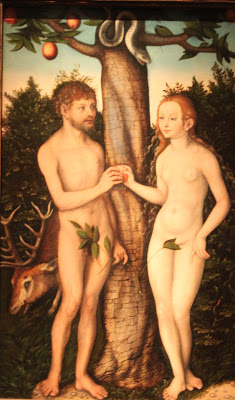
Over a year ago, I published a series of essays in response to the Anglican Diocese of the Living Word’s “Response” to an earlier essay entitled “Women in Holy Orders” that Bishop and New Testament Professor Grant LeMarquand and I had written in response to a request of the bishops of the ACNA in 2018. Since then, my book Icons of Christ: A Biblical and Systematic Theology for Women’s Ordination was published by Baylor University Press. My previous essays in response to the Anglican Diocese of the Living Word’s “Response” primarily focused on questions of hermeneutics, or provided correction to criticisms that were misreadings of what we had actually written.
However, The Anglican Diocese of the Living Word “Response” is entirely an example of “complementarianism,” the Evangelical Protestant position against women’s ordination that claims that while men and women have equal ontological worth, women are necessarily subordinate to the authority of men. In consequence, men and women play different “roles”; it is the “role” of men to exercise authority and leadership, and the “role” of women is to obey men who exercise these leadership “roles.” The primary area of leadership of men over women is in the family, where husbands exercise authority over wives, but because the pastoral office is one of leadership, women cannot be ordained because this would involve women clergy exercising leadership over men parshioners.
In order to buttress this claim, much of the argument in the Anglican Diocese of the Living Word’s “Response” echoes complementarian exegesis of a handful of key biblical passages. Moving on from preliminary hermeneutical issues, I now turn to these exegetical concerns. This essay will focus on the creation narratives of Genesis 1-3.






